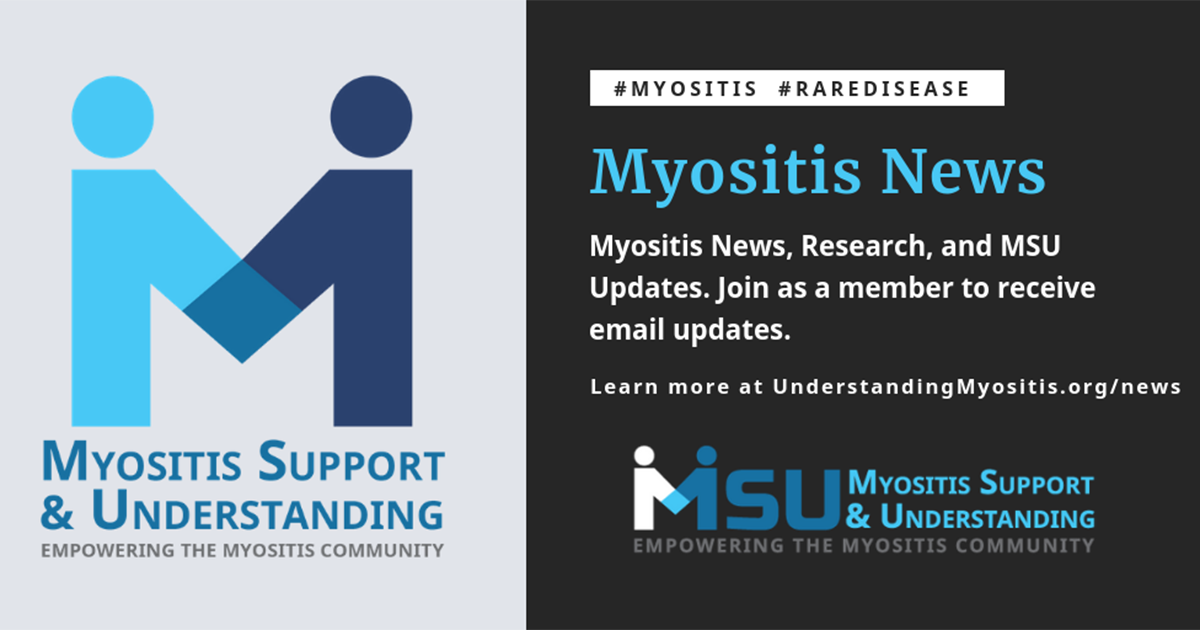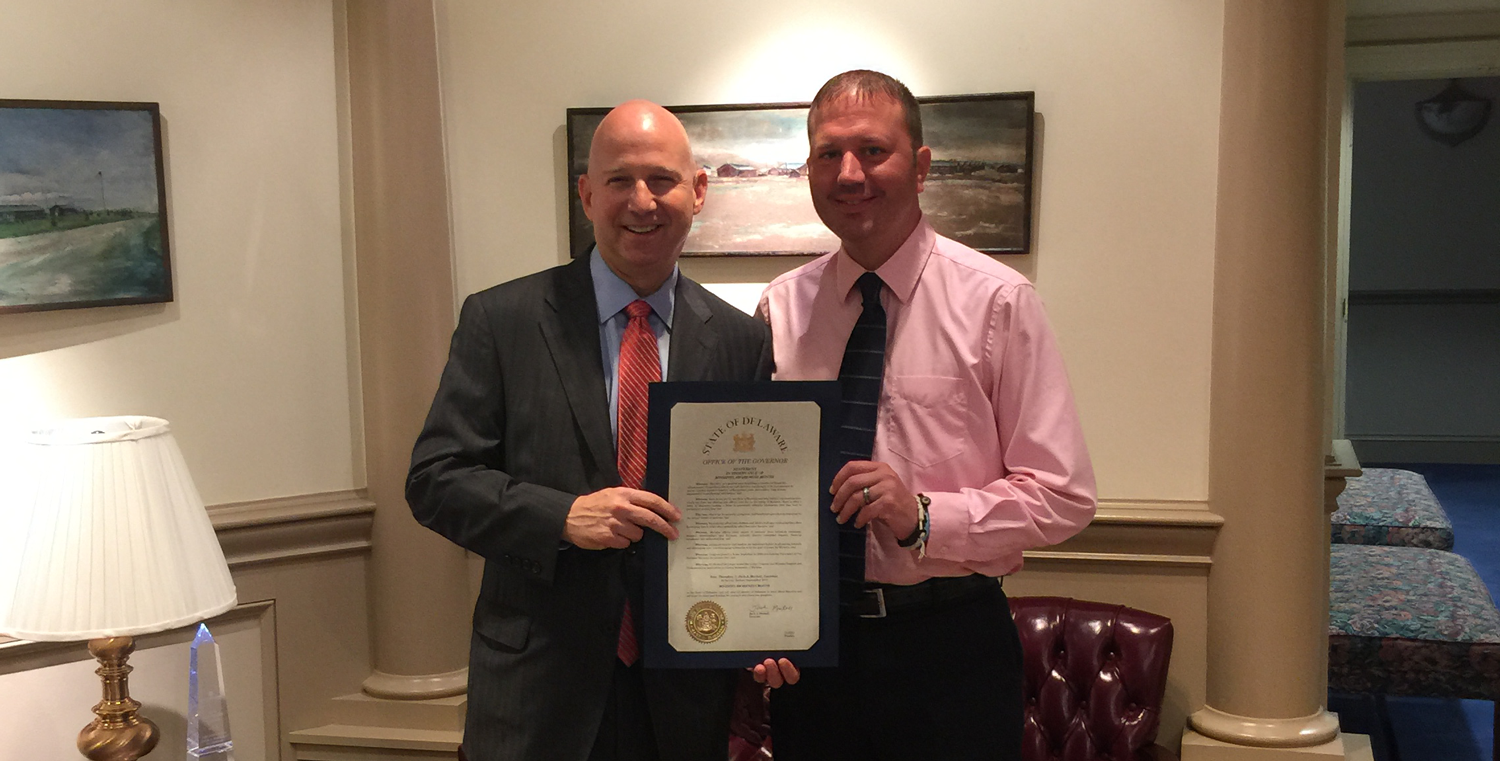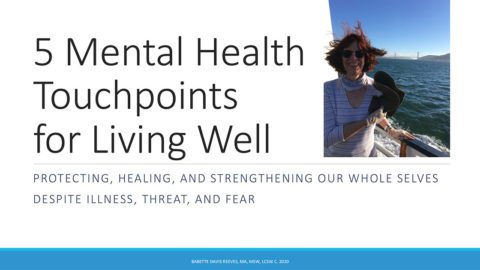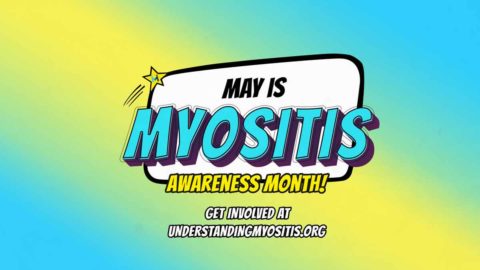Immune Globulin (IG) Shortage 2019
There is a shortage of immunoglobulin (IG), a plasma product used to treat various types of myositis (idiopathic inflammatory myopathy), Myasthenia Gravis (MG), and numerous other autoimmune diseases, and primary – and other – immune deficiencies. IG, given intravenously (in a vein) is called IVIG or subcutaneously (under the skin) is called SCIG. In either delivery method, IG is considered “liquid gold” by patients for whom it works well.
The reason for this IG shortage is complex with various dynamic components. There is not one specific issue, that if fixed, would solve this shortage. It is not expected to be a long-term problem as you will learn in the video, however, patients are going without their needed IG therapy. Children and adults are battling rare and disabling diseases to which they respond well to IVIG – but this month some patients are told they cannot get their “liquid gold,” the medication that determines if they can swallow or walk.
This video is a recording of the live webinar held on August 7, 2019, and it explains the shortage details. More importantly for you, if you are a patient affected by the shortage, this webinar provides the information you need to self-advocate and get your IG.
IG Shortage Presenters:
The presenters have offered their assistance. Please try the various approaches in the video and if you require additional assistance in getting your IG, contact Patrick or Michelle.
Patrick M. Schmidt
Chief Executive Officer of FFF Enterprises
800-843-7477 x1121
pschmidt@fffenterprises.com
abodden@fffenterprises.com
Michelle B. Vogel
Vice President of Patient Advocacy & Provider Relations of CSI Pharmacy
202-329-8643
michelle@csipharmacy.com
More about the 2019 IG Shortage
Michigan Senator Raises Concerns With FDA Over High Numbers of Drug Shortages
“Information About Immune Globulin (Human) Product Shortage” FDA
“Drug Shortage Leaves Patients Without Immune-Disorder Treatment” from the WSJ
“Immunoglobulin Shortages Pressure Hospitals and Manufacturers While Patients Suffer” from BioSpace
















